Is Corpectomy for Spinal Tumor Right for You? A Turkish Solution
What is a Corpectomy and Why is it Performed for Spinal Tumors?
This procedure is typically performed to relieve significant pressure on the spinal cord or nerve roots.
-
The spinal tumor is located within or has significantly invaded the vertebral body, causing direct compression of the spinal cord or nerve roots, leading to symptoms like pain, weakness, numbness, or loss of function.
-
The tumor has compromised the structural integrity of the spine, leading to instability and a risk of spinal collapse, which could result in neurological damage.
-
The goal is to achieve a complete or significant removal of the tumor (debulking) to reduce its mass and potentially pave the way for other treatments like radiation therapy or chemotherapy.
After the removal of the vertebral body, the space created is typically reconstructed using a bone graft (from the patient's own body, a donor, or synthetic material) or a metal cage, which is then often stabilized with plates and screws in a procedure called spinal fusion. This reconstruction is crucial for maintaining spinal stability and alignment.
Are Spinal Surgeries, including Corpectomy, Safe in Turkey?
Turkey has made substantial investments in its healthcare infrastructure, with many hospitals obtaining international accreditations such as Joint Commission International (JCI).
-
Advanced imaging techniques: High-precision MRI, CT scans, and 3D planning are used for detailed pre-operative assessment of spinal tumors.
-
Minimally invasive techniques: Where appropriate, these approaches can reduce muscle trauma, hospital stay, and recovery time.
-
Computer-assisted navigation and robotic systems: Technologies like the Mazor-X Stealth system enhance precision during surgery, reducing risks of nerve damage and improving screw placement accuracy.
-
Intraoperative neuromonitoring: This technique continuously monitors neural communication in the spinal cord during surgery, allowing surgeons to detect and prevent potential damage to the spine and spinal cord.
Furthermore, many Turkish neurosurgeons specializing in spinal procedures have extensive experience and often receive training from leading institutions globally. They work in multidisciplinary teams, collaborating with oncologists, radiologists, and rehabilitation specialists to ensure comprehensive patient care. While any surgery carries inherent risks, the majority of procedures performed in Turkey, including corpectomy for spinal tumors, report highly satisfactory results with complication rates comparable to or below international averages.
What is the Cost of Corpectomy for Spinal Tumor in Turkey?
Factors influencing the cost include:
-
Type and location of the tumor: The complexity of the surgery can vary depending on the tumor's size, location (cervical, thoracic, or lumbar spine), and whether it has spread.
-
Hospital and surgeon fees: Prestigious hospitals and highly experienced surgeons may charge more.
-
Length of hospital stay: The duration of your inpatient care will impact the total cost.
-
Materials used for reconstruction: The type of graft or cage used for spinal reconstruction after the corpectomy can influence the price.
-
Additional treatments: If the corpectomy is part of a larger treatment plan involving chemotherapy, radiation therapy, or extensive rehabilitation, these will add to the overall cost.
-
Pre-operative diagnostics and post-operative care: Comprehensive assessments, medications, and follow-up appointments are usually included, but the extent can vary.
For instance, a cervical corpectomy (involving the neck region) can range from $10,800 to $13,200. For more complex or multi-level procedures, the cost might be higher, but still remain competitive. It's crucial to obtain a detailed quote from your chosen clinic that outlines all included services to avoid surprises.
How Long Does a Corpectomy Procedure Take?
-
Size and location of the spinal tumor: Larger or deeply embedded tumors, or those in critical areas, require more meticulous and time-consuming removal.
-
Number of vertebral bodies to be removed: If more than one vertebral body needs to be excised, the surgery will naturally take longer.
-
Extent of spinal reconstruction needed: The complexity of grafting and fusion, including the placement of hardware like plates and screws, adds to the surgical time.
-
Surgeon's experience and technique: Highly experienced surgeons may work more efficiently, but precision remains paramount.
-
Presence of complications: Unexpected issues during surgery can prolong the procedure.
While a straightforward corpectomy might be completed within a few hours, complex cases, especially those involving extensive tumor resection and intricate spinal stabilization, can take significantly longer. It's important for patients to understand that the surgical team prioritizes safety and thoroughness over speed.
What is the Recovery Time After Corpectomy for Spinal Tumor?
-
Immediate Post-Surgery (Hospital Stay: 3-7 days):
-
Patients are closely monitored for pain and potential complications.
-
Pain management will be a key focus, with prescribed medications.
-
You might be fitted with a cervical collar or brace to support the healing spine and limit movement, especially after a cervical corpectomy.
-
Early mobilization, such as light walking, is usually encouraged within 24 hours to promote circulation and prevent stiffness.
-
-
First Few Weeks (Weeks 1-4):
-
Rest is essential, and strenuous activities, heavy lifting, twisting, or bending should be avoided.
-
Some difficulty swallowing or a sore throat is common, especially after anterior cervical corpectomy, and usually resolves within days to weeks.
-
Pain and discomfort should gradually decrease.
-
-
Weeks 4-8:
-
Physical therapy typically begins during this period. This is crucial for restoring strength, flexibility, and range of motion in the spine and surrounding muscles.
-
Most patients can gradually return to light daily activities, such as driving (if cleared by the surgeon) and desk work, while still avoiding prolonged sitting or positions that strain the neck/back.
-
-
Two to Six Months:
-
The bone graft or implant begins to fuse with the surrounding vertebrae in a process called spinal fusion.
-
Patients can often resume more normal activities, though high-impact sports and heavy lifting may still be restricted.
-
Regular follow-up appointments with the surgeon are vital to monitor the fusion progress.
-
-
Full Recovery (6 months to 1 year):
-
Most patients experience significant relief from pre-surgery symptoms and can return to their normal routines.
-
Long-term precautions, such as maintaining good posture and avoiding activities that excessively strain the spine, are often advised.
-
The actual recovery time can vary based on the patient's overall health, the extent of the spinal tumor removal, and how well they adhere to the rehabilitation program.
What are the Potential Risks of Corpectomy?
-
Infection: Any surgical procedure carries a risk of infection at the surgical site or within the spine. Hospitals in Turkey maintain strict sterile environments to minimize this risk.
-
Bleeding: Excessive bleeding during or after surgery is a potential complication.
-
Nerve damage: Despite careful monitoring, there is a risk of damage to the spinal cord or surrounding nerves, which can lead to new or worsened neurological deficits, such as weakness, numbness, or paralysis.
-
Spinal fluid leakage: The dura, the membrane surrounding the spinal cord, can be inadvertently punctured, leading to cerebrospinal fluid leakage. This typically requires repair during surgery.
-
Implant failure/Non-union (pseudarthrosis): If a bone graft or cage is used for fusion, there's a small chance it might not properly fuse with the existing vertebrae, or the hardware (plates, screws) could shift or break, requiring further surgery.
-
Anesthesia complications: Risks associated with general anesthesia, such as adverse reactions, respiratory problems, or cardiovascular issues.
-
Difficulty swallowing or speaking (Dysphagia/Dysphonia): Particularly after cervical corpectomy performed through an anterior (front of the neck) approach, temporary or, rarely, permanent issues with swallowing or voice changes can occur due to nerve irritation or swelling.
-
Pain: While the surgery aims to relieve pain, some patients may experience persistent pain or discomfort at the surgical site or new pain.
-
Blood clots: Formation of blood clots in the legs (DVT) or lungs (pulmonary embolism) is a risk, mitigated by early mobilization and sometimes medication.
Experienced surgical teams in Turkey take extensive precautions to minimize these risks, including thorough pre-operative assessment, advanced surgical techniques, and meticulous post-operative care.
What Diagnostic Tests are Required Before Corpectomy for Spinal Tumor?
-
Magnetic Resonance Imaging (MRI): This is the most crucial imaging study for spinal tumors. It provides detailed images of the spinal cord, nerves, and soft tissues, clearly showing the tumor's size, exact location, and its relationship to neural structures. It also helps in differentiating between tumor types.
-
Computed Tomography (CT) Scan: A CT scan provides detailed images of the bone structures of the spine, helping to assess bone destruction by the tumor and plan the surgical approach for bone removal and reconstruction.
-
X-rays: Plain X-rays can show spinal alignment, stability, and any significant bone abnormalities, especially important for assessing spinal deformities or instability caused by the tumor.
-
Biopsy: In most cases, a biopsy of the tumor is performed before a definitive corpectomy. This involves taking a small tissue sample to determine whether the tumor is benign or malignant and to identify its specific type. This information is crucial for planning the overall treatment strategy, which might include chemotherapy or radiation in addition to surgery. Biopsies can be done via a needle (percutaneous) or as an open surgical procedure.
-
Blood Tests: Standard blood tests are performed to assess overall health, kidney and liver function, blood clotting ability, and to rule out any underlying conditions that could complicate surgery.
-
Neurological Examination: A detailed assessment of your neurological function, including strength, sensation, reflexes, and balance, helps in baseline assessment and monitoring changes.
-
Other specialized tests: Depending on the tumor type and location, other tests like PET scans (to detect cancer spread), angiography (to assess blood supply to the tumor), or nerve conduction studies might be performed.
These tests provide the surgical team with a comprehensive picture of your condition, enabling them to formulate the most effective and safest treatment plan for your spinal tumor.
What Should I Expect During a Consultation for Spinal Tumor Surgery in Turkey?
-
Medical History Review: The neurosurgeon will meticulously review your complete medical history, including any previous diagnoses, treatments, medications, and relevant health conditions.
-
Imaging Review: They will thoroughly examine all your existing imaging studies, such as MRI, CT scans, and X-rays, to understand the exact nature, size, and location of the spinal tumor and its impact on your spinal cord and nerves. You will likely be asked to send these scans in advance if it's a remote consultation.
-
Physical and Neurological Examination: If the consultation is in-person, a detailed physical and neurological examination will be conducted to assess your motor strength, sensation, reflexes, and overall neurological function.
-
Discussion of Diagnosis and Prognosis: The surgeon will explain your specific spinal tumor diagnosis, its characteristics (benign or malignant), and what to expect regarding its progression.
-
Treatment Options Discussion: All viable treatment options will be discussed, including surgical interventions like corpectomy, as well as non-surgical approaches (radiation, chemotherapy) or a combination thereof. The surgeon will explain why a corpectomy might be the recommended course for your specific spinal tumor.
-
Explanation of the Corpectomy Procedure: If corpectomy is recommended, the surgeon will detail the surgical technique, what it involves, the expected duration, and the type of spinal reconstruction that will be performed.
-
Risks and Benefits: A transparent discussion about the potential benefits of the surgery (e.g., tumor removal, decompression, pain relief, stabilization) and its associated risks and potential complications will take place.
-
Recovery Expectations: Information on the expected recovery timeline, post-operative care, hospital stay, and rehabilitation will be provided.
-
Cost Estimate: A clear breakdown of the estimated costs for the entire treatment package, including surgery, hospital stay, medications, and follow-up care, will be provided. This is a critical aspect for international patients.
-
Q&A Session: You will have ample opportunity to ask any questions or express any concerns you may have. It's advisable to prepare a list of questions beforehand.
-
Personalized Treatment Plan: Based on all the information gathered, the surgeon will propose a personalized treatment plan tailored to your specific condition and needs.
Many Turkish hospitals offer online consultation services, allowing you to get an initial assessment and treatment plan without traveling. This can be a great way to start your medical journey.
What Support Services are Available for International Patients in Turkey?
Turkey's booming medical tourism industry means that hospitals are well-prepared to cater to international patients, offering a wide array of support services to make their experience as seamless and comfortable as possible.corpectomy for spinal tumor
-
International Patient Departments: Most major hospitals have dedicated departments with coordinators who serve as a single point of contact for international patients. They assist with all aspects of the medical journey, from initial inquiry to post-treatment follow-up.
-
Language Services: Multilingual staff and professional medical interpreters are readily available, ensuring clear communication between the patient and the medical team. This is especially important for understanding complex medical information related to spinal tumors and corpectomy.
-
Travel and Accommodation Assistance: Hospitals often provide assistance with:
-
Airport Transfers: Arranging pick-up and drop-off from the airport.
-
Accommodation: Helping to book hotels or other lodging near the hospital for patients and their accompanying family members. Some hospitals even have their own guesthouses.
-
Visa Support: Providing necessary documentation for visa applications.
-
-
Treatment Plan Coordination: Assistance with scheduling appointments, diagnostic tests, and the surgery itself.
-
Financial Coordination: Providing clear cost estimates and helping with billing and payment procedures.
-
Concierge Services: Some hospitals offer additional services like local tours, shopping assistance, or even support for dietary preferences.
-
Post-Operative Follow-up: Coordinating remote follow-up consultations or connecting patients with local healthcare providers for continued care in their home country, if needed.
These comprehensive services aim to alleviate the logistical burdens of traveling for medical treatment, allowing patients to focus on their recovery from spinal tumor surgery.
Can I Combine My Corpectomy Treatment with Tourism in Turkey?
Turkey is a vibrant country with a rich history, diverse culture, and stunning natural beauty.corpectomy for a spinal tumor
-
Immediate Post-Surgery: In the immediate days and weeks following a corpectomy, your priority will be rest and recovery. You will have activity restrictions, pain management, and potentially physical therapy. Engaging in strenuous tourism activities immediately after surgery is not advisable and could compromise your recovery or lead to complications.
-
During Early Recovery (Weeks 4-8): While light activities like short walks might be permitted, extensive sightseeing, long travel, or physically demanding tours are still generally discouraged. You may still be wearing a brace or collar, and your body will be focusing on healing and spinal fusion.
-
Later Stages of Recovery (2-6 months and beyond): As you progress in your recovery and your surgeon clears you for more activities, it might be possible to enjoy some lighter tourism experiences. For example, exploring cultural sites at a relaxed pace, enjoying local cuisine, or taking short, comfortable trips within Turkey could be feasible.
-
Planning a Separate Trip: The most sensible approach for combining treatment with extensive tourism is to focus entirely on your corpectomy for spinal tumor and recovery during your initial stay. Once you have fully recuperated (typically 6 months to a year after surgery), you can plan a separate, dedicated trip to Turkey to explore its many attractions without the constraints of post-surgical limitations.
Always discuss your travel and tourism plans with your surgeon before making any commitments. They can provide personalized advice based on your specific recovery progress and the extent of your spinal tumor surgery.
How do I choose the Best Surgeon for Corpectomy in Turkey?
-
Board Certification and Qualifications: Ensure the surgeon is board-certified in neurosurgery or orthopedic spine surgery. Look for evidence of advanced training, fellowships, or specialized expertise in spinal oncology.
-
Experience with Spinal Tumors and Corpectomy: Inquire about the surgeon's specific experience with spinal tumors and the number of corpectomy procedures they have performed. A high volume of cases often indicates greater expertise.
-
Hospital Affiliation: The surgeon should be affiliated with reputable, internationally accredited hospitals (like those mentioned earlier) that have state-of-the-art facilities and a multidisciplinary team for spinal tumor treatment.
-
Use of Advanced Technology: A good surgeon will utilize modern techniques and technologies, such as intraoperative neuromonitoring, surgical navigation systems, or robotic assistance, to enhance precision and safety during the corpectomy.
-
Patient Reviews and Testimonials: Look for patient feedback and testimonials on independent platforms. These can offer insights into the surgeon's communication style, patient care, and outcomes.
-
Communication and Transparency: The surgeon should be able to communicate clearly, answer all your questions comprehensively, and be transparent about the procedure, its risks, benefits, and expected outcomes. Effective communication is vital, especially for international patients.
-
Multidisciplinary Approach: For spinal tumors, a surgeon who works as part of a multidisciplinary team (including oncologists, radiation therapists, and rehabilitation specialists) ensures holistic care.
-
Second Opinions: Don't hesitate to seek a second opinion from another qualified surgeon if you have any doubts or wish to compare approaches.
Many medical tourism facilitators can help you connect with top surgeons and provide their credentials and patient reviews.
Will I Need Physical Therapy After Corpectomy in Turkey?
Physical therapy is an indispensable part of the recovery process after a corpectomy.
-
Restoring Strength and Flexibility: After surgery, muscles around the spine can become weak or stiff due to inactivity or surgical disruption. Physical therapy exercises help to regain strength and improve range of motion.
-
Improving Mobility and Function: Therapists guide you through exercises that help you gradually return to daily activities, such as walking, sitting, and standing with proper posture.
-
Pain Management: Certain exercises and modalities used in physical therapy can help manage post-operative pain and reduce reliance on medication.
-
Preventing Complications: Early mobilization and specific exercises can help prevent complications like blood clots or pneumonia.
-
Enhancing Spinal Stability: For procedures involving spinal fusion after the corpectomy, physical therapy helps strengthen the core muscles that support the spine, contributing to better stability and long-term outcomes.
-
Patient Education: Therapists educate you on proper body mechanics, posture, and activities to avoid to protect your healing spine.
In Turkey, hospitals that perform corpectomy for spinal tumors often have in-house physical therapy departments. Your rehabilitation typically begins in the hospital shortly after surgery, focusing on gentle movements and mobility. Once discharged, you will likely continue with an outpatient physical therapy program. Your surgeon and physical therapist will tailor a rehabilitation plan specifically for you, considering the extent of your surgery and your individual recovery needs.
For comprehensive information and to explore your options for spinal tumor treatment, including corpectomy, in Turkey, visit PlacidWay.



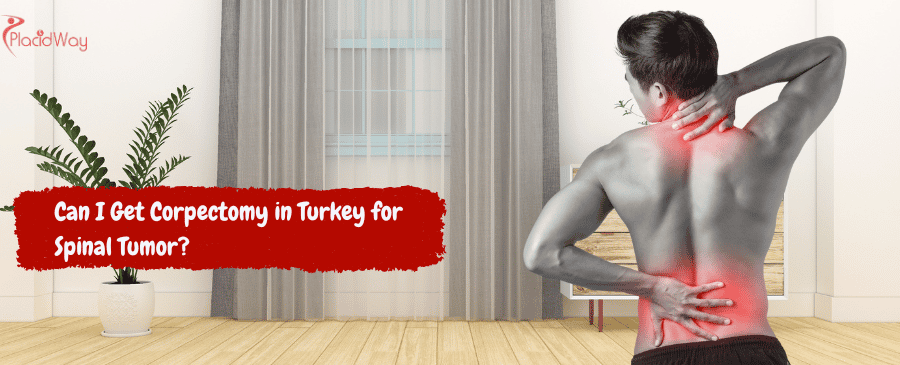

.png)

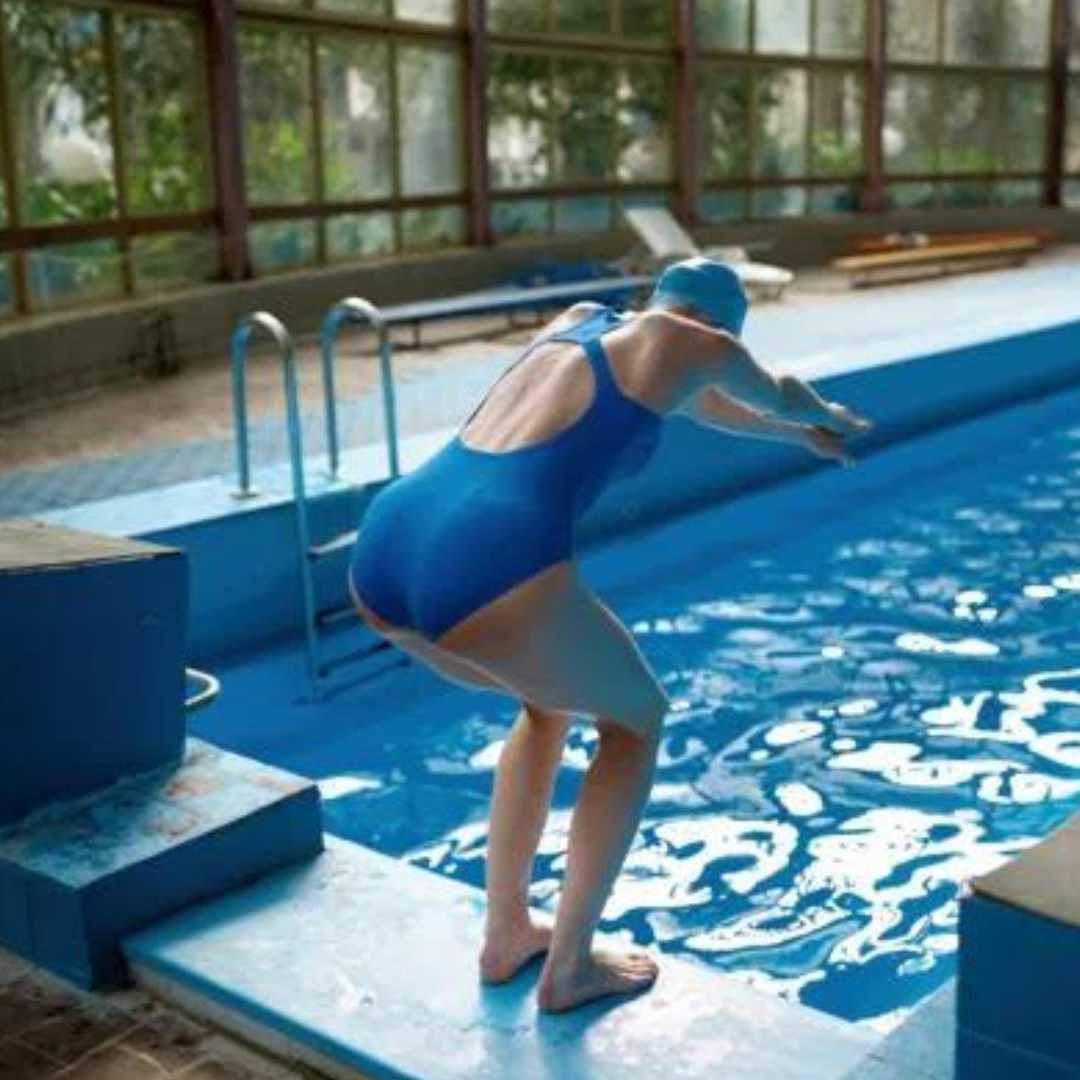
.png)

.png)
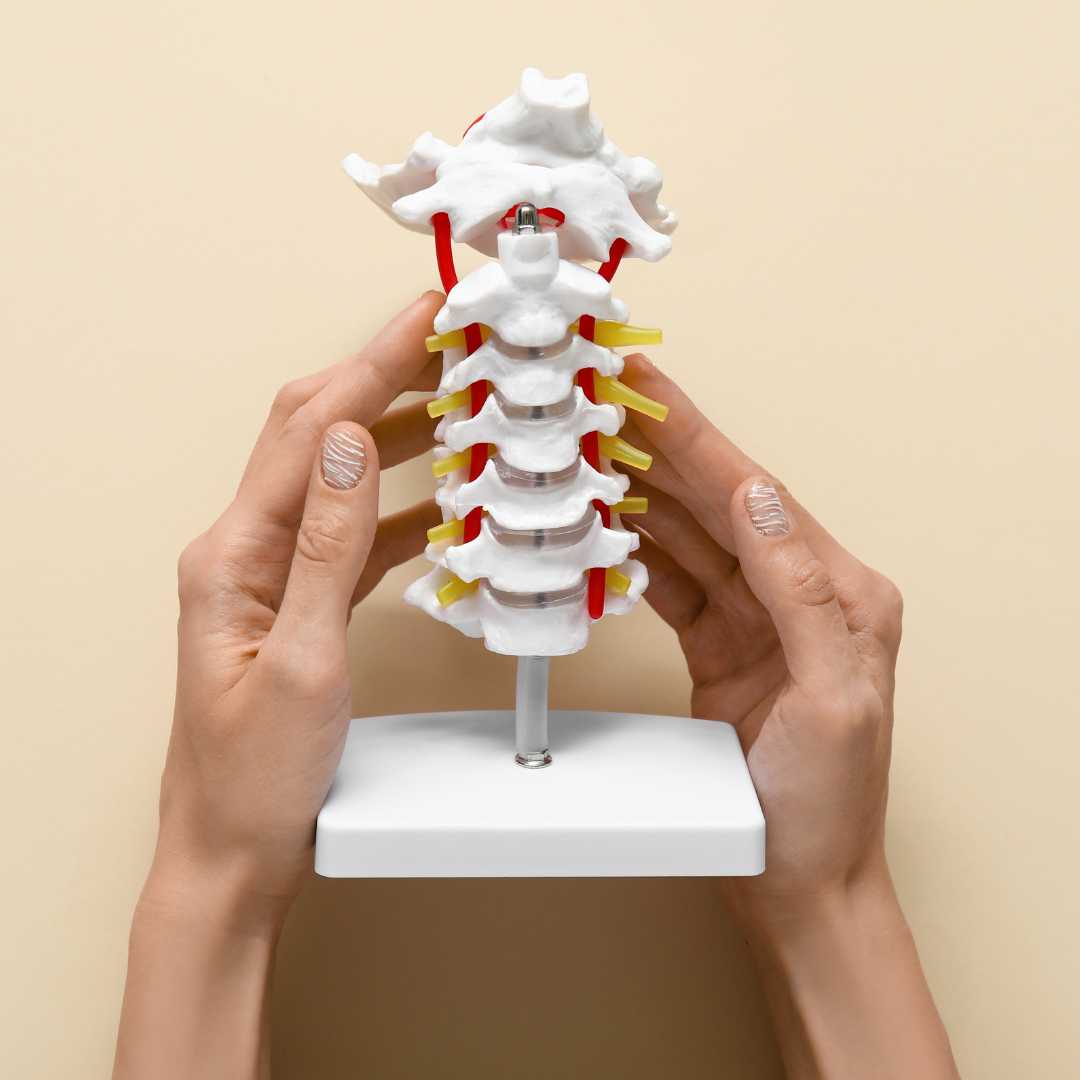
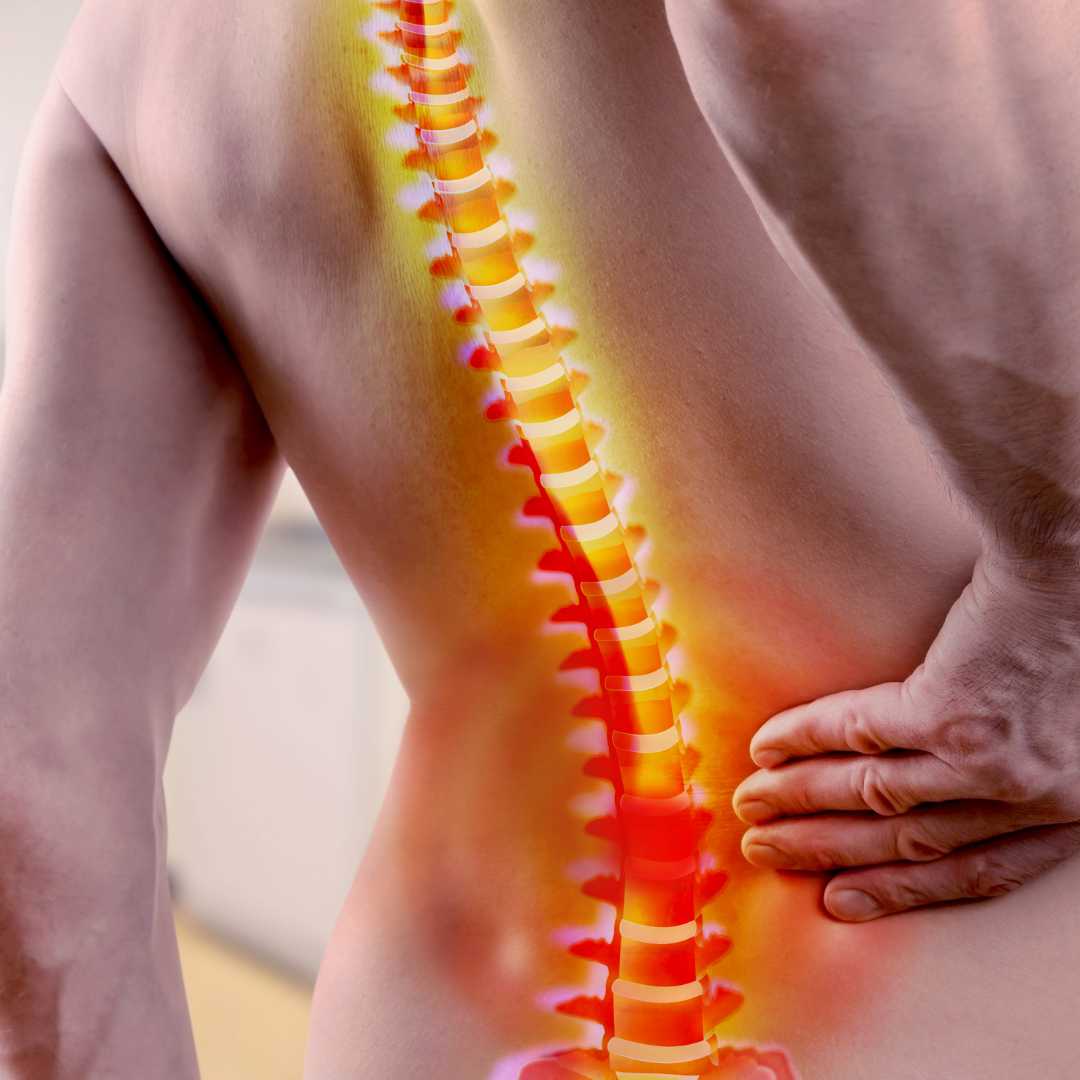
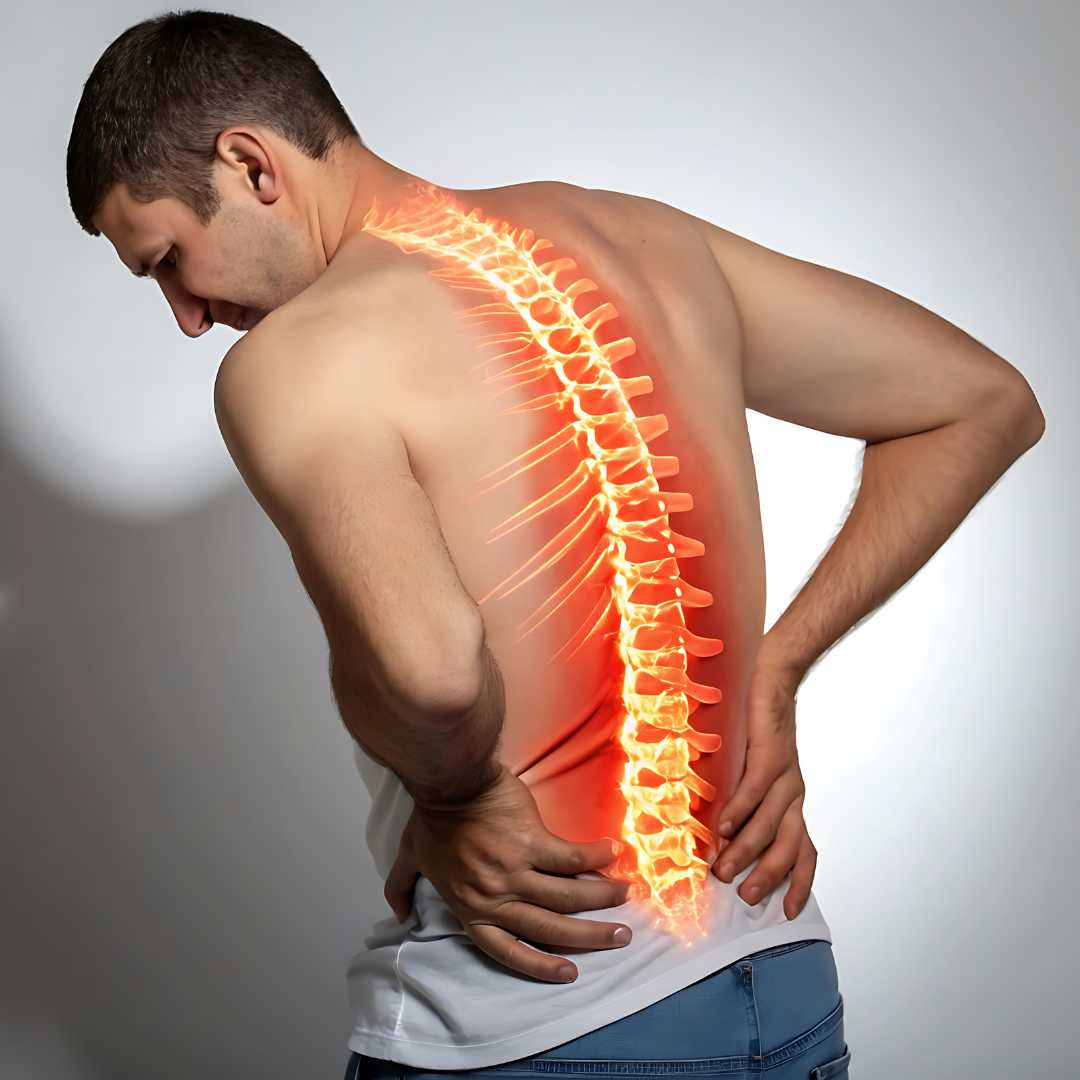

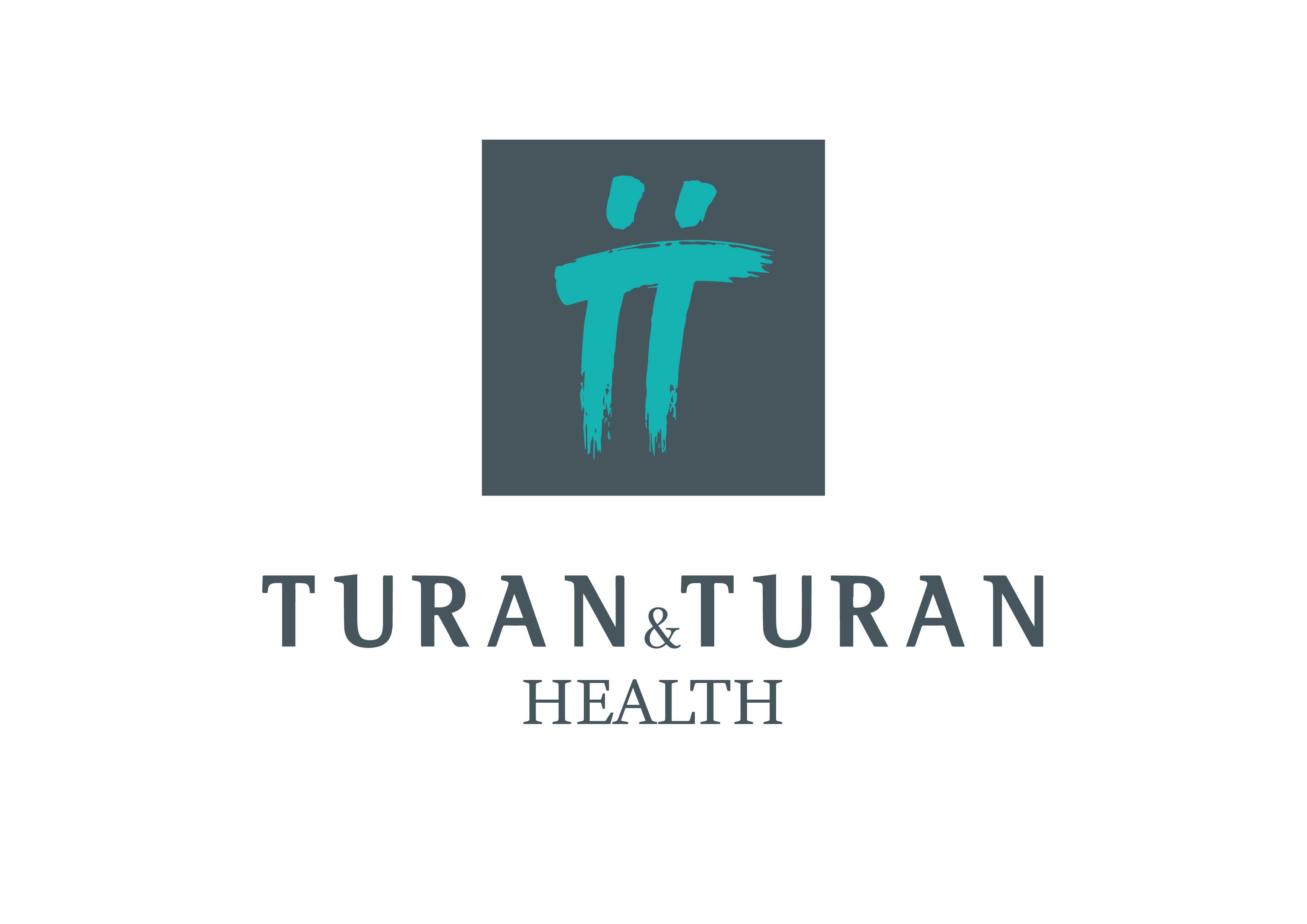


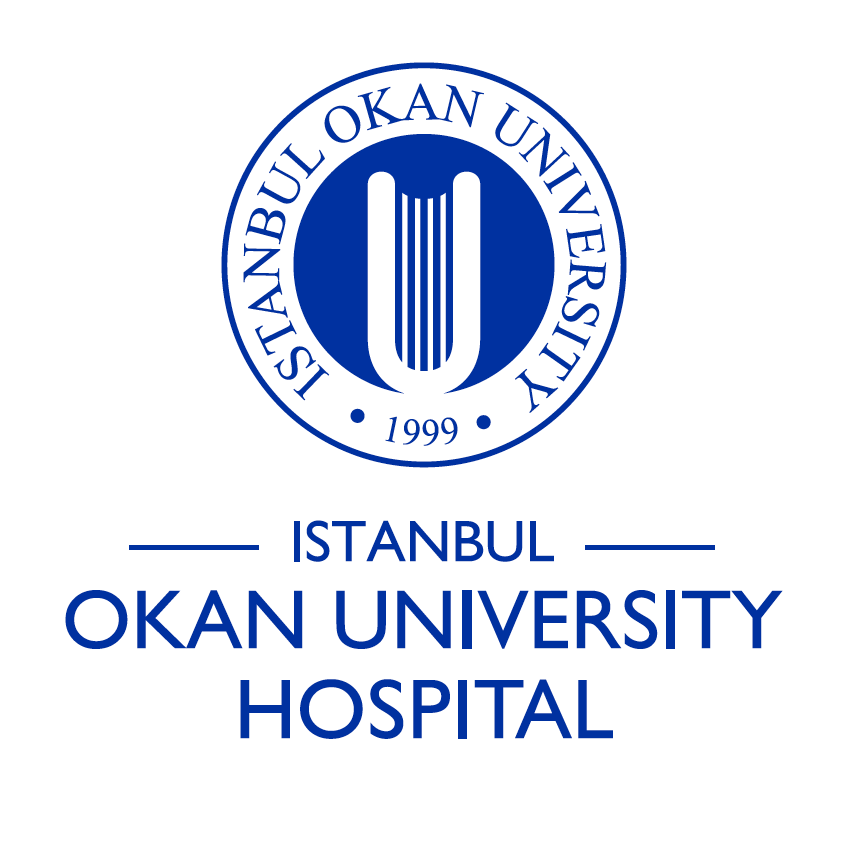

Share this listing